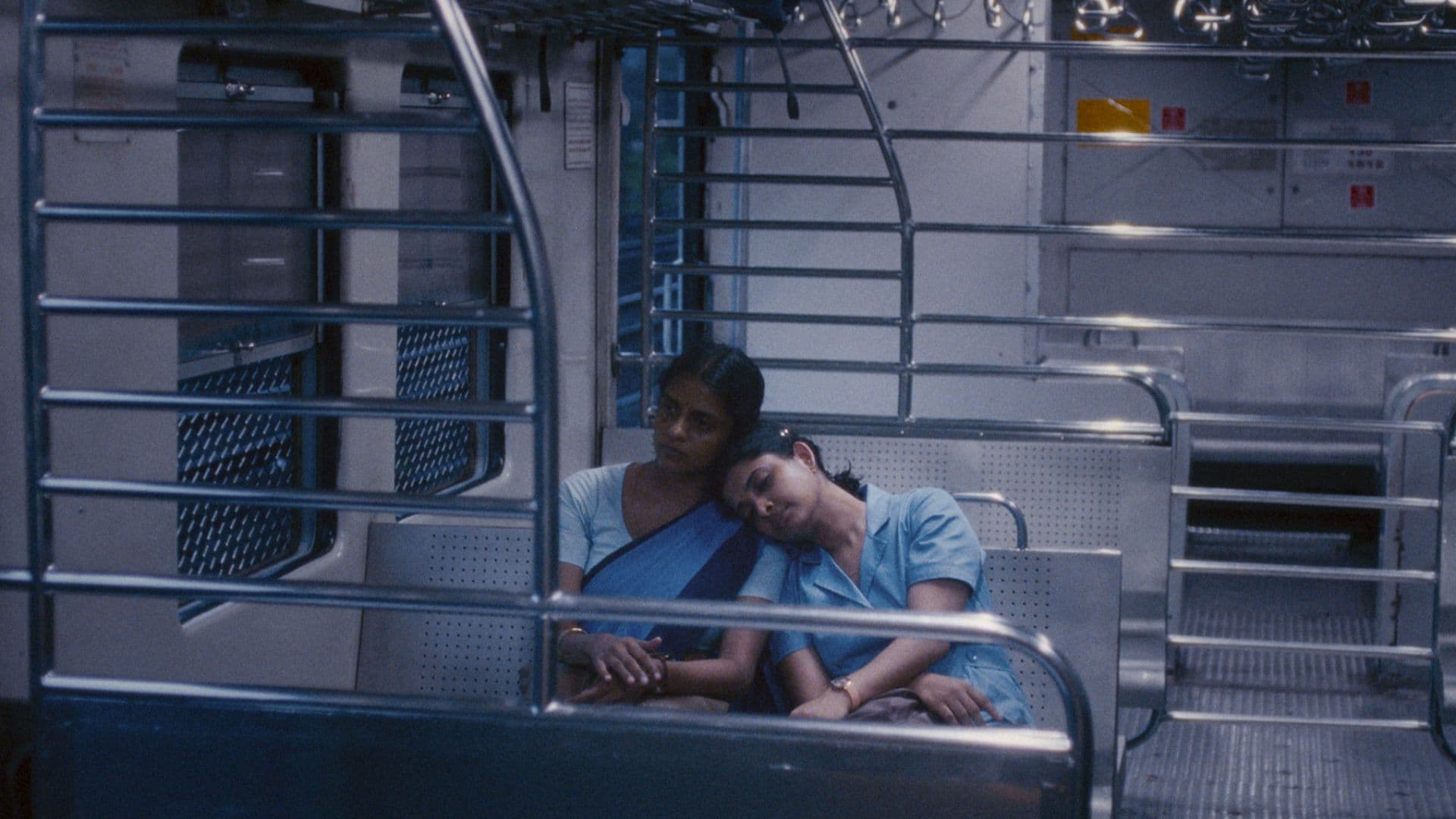At dusk, a tiny crossroads on the outskirts of Mumbai are bustling with life. The shops sell greens and fruits late; rolling laughter pours out of the barbershop, which is full of men; the doorways gaze through the eyes of stray dogs, and rare lanterns cover the asphalt with beads of light. And the spicy aroma of food hovers around this variety.
This city is dotted with myriads of intersecting roads that lead straight from nowhere to nowhere. Everyone who inadvertently stepped on them strives to dissolve into eternity. Mothers with babies in their arms, hangers sitting on the trunks, children playing ball and their tired parents. Only lose electricity for a moment, and the whole band will be swallowed by darkness forever.
Not much changes after sunrise. The skyscrapers and their growth that shone proudly at night crash into the blue sky with a confused look, and some streets are still full of people in a hurry. Only cats bask in the shade of the trees and look around lazily. Mumbai has no time to sleep, yet it is during the day that it closes its vast eyes.

While the city tries in vain to doze off, Prabha leaves his cramped apartment to do some good to the community. She works as a nurse in a hospital, where she looks after capricious patients and assists during surgeries. Although legends are rarely written in honor of such work, the woman devotes almost all her free time to it, so she returns home when it gets dark.
Many years ago, which could easily fit a lifetime, Prabha submitted to her parents' will and let them arrange their marriage. The young man, whom the girl hadn't even seen from the corner of her eye before, became her faithful husband for four whole days. And after they expired, he went to work in Germany, from where he occasionally called until he completely disappeared.
The following years passed in anticipation. At first, the main character dreamed of her husband's return as soon as possible, then of receiving handwritten letters, but in the end, the happy future faded to rare phone calls. But that was not the limit either, because one day Prabha found nothing in her own heart but ash from a fire that had once radiated light.
Her opposite is a young girl with a bright twinkle in her eyes, with whom Prabha shares not only a modest home, but also a job. Unlike her older friend, Anu is not ready to marry a stranger — she plans to defend her freedom to the very end, even if it means cutting ties with her beloved parents or gaining a reputation as easily accessible.
Anu looks desperately into the darkness, inadvertently touching her hair with her locks. She is not only dating a young man of a different faith, but also wants to give him her heart and body before she even gets married. For a country that has been burning the bodies of the dead right on the banks of the Ganges for thousands of years, which could give life to an entire region or condemn it to death, such willfulness is unacceptable.

Despite the difference in views, the main characters appear as hostages. If Prabha represents a submissive light, following which led her to seclusion and endless expectation of a miracle, Anu celebrates the darkness of permissiveness and freedom-loving stubbornness. And yet they both depend on the opinions of their loved ones and the entire community.
Meanwhile, the city surrounding them resembles either a cage or a concrete anthill. Mumbai, for which the concept of identity does not exist, sees people only as feathers of dust hidden in the corners of the roadsides. And while Prabha obediently follows his will, occasionally peering into the horizon through the bars, Anu found a wide gap between them and willingly puts her hands in the cool rain.
Movie “All We Imagine as Light” turns the metropolis from a pile of objects devoid of souls into a focus of views on the world and life itself. While some rely on free will and strive to satisfy their own desires, others are guided by others' opinions and do everything not to break centuries-old principles.

For years, Prabha blindly believed that her obedience and respect for traditions would lead to the desired light. But the dazzling rays only wounded her once clear gaze and burned her delicate skin. It turned out that following someone else's will and not wanting to contradict the whole city might save you from darkness, but they won't bring you closer to happiness either.
If in “Parthenope” (read our text) Paolo Sorrentino made the main character a natural sequel to Naples, like petals crowning a rose stem, Prabha and Anu are in direct conflict with Mumbai. The will of a multi-million community concentrated in it turns into a sticky web on the way to banal peace.



One day, Mumbai will close its eyes and fall into the dream it has been dreaming of since birth. Then barriers will fall, others' opinions will lose all value, and unnamed crossroads will pave the way for the happiness of abandoned wives and young people looking for something new. And some citizens will notice the unusual absence of a concrete warden and realize the contradictory truth — not everything is darkness that does not radiate blinding light.

